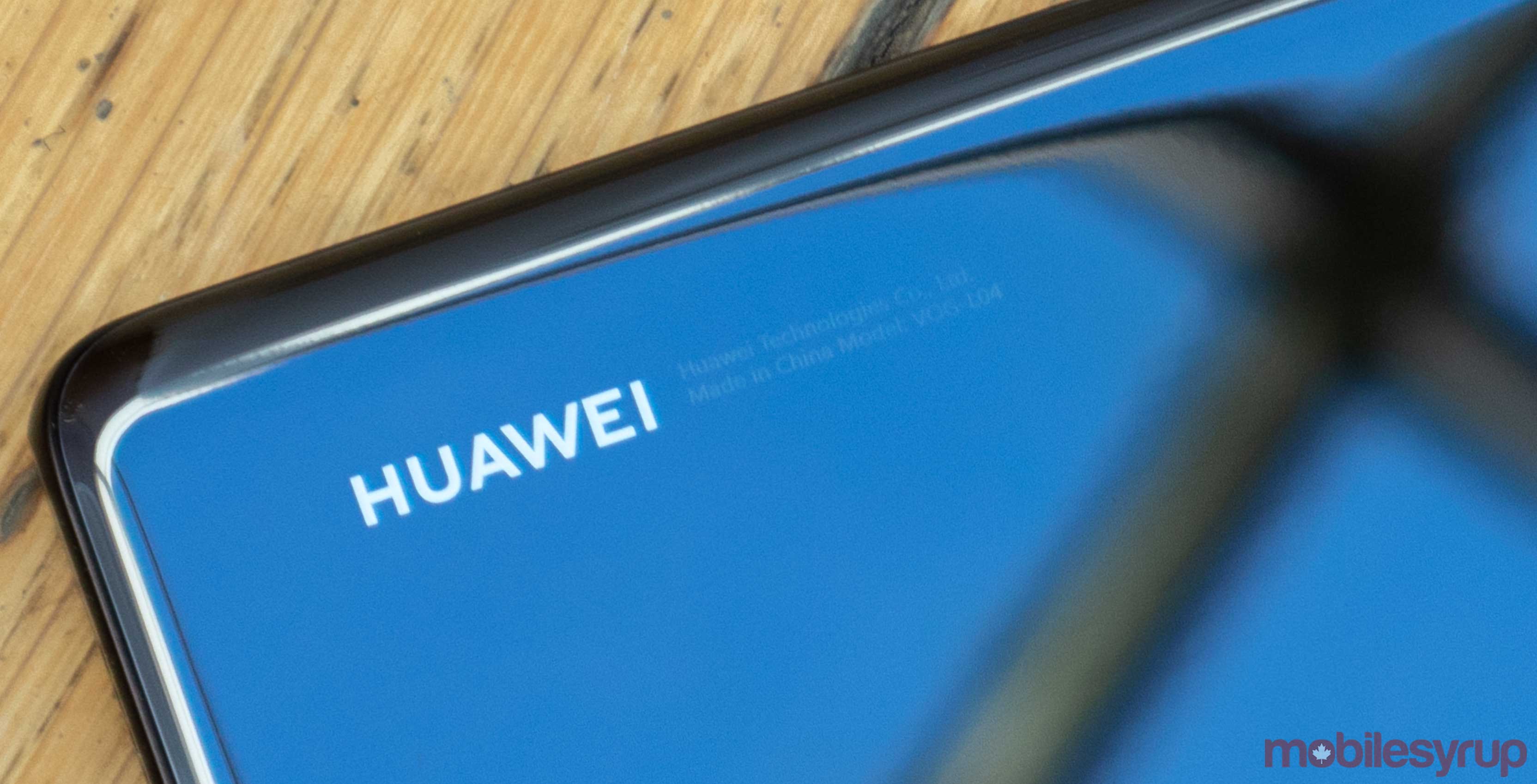
U.S. President Donald Trump’s administration has finally clarified details for allowing U.S. companies to work with China’s Huawei, but they come with restrictions.
On July 11th, Commerce Secretary Wilbur Ross said that U.S. companies will be issued licences if they intend to do business with Huawei “where there is no threat to national security.”
The New York Times reported that the move might allow chip makers to keep selling to the telecommunications giant. That would mean companies like Qualcomm, Intel, Broadcom and Google would be allowed to work with Huawei.
Google, in particular, has lobbied the government to indicate that banning Huawei might cause more of a national security threat than if they were to work with it.
Trump had initially signed an executive order in May that would ban any U.S. company from doing any business with Huawei. Trump had said the company was a national security threat.
In June, during the recent G20 summit in Osaka, Japan, Trump announced that he was easing the restrictions and that companies would now be able to work with Huawei.
Larry Kudlow, director of the White House National Economic Council had said that the U.S. has “opened the door – relaxed a bit, the licensing requirements from the Commerce Department,” for those wishing to sell to Huawei.
“We are opening that up for a limited time period,” Kudlow said.
Source: The New York Times
MobileSyrup may earn a commission from purchases made via our links, which helps fund the journalism we provide free on our website. These links do not influence our editorial content. Support us here.


